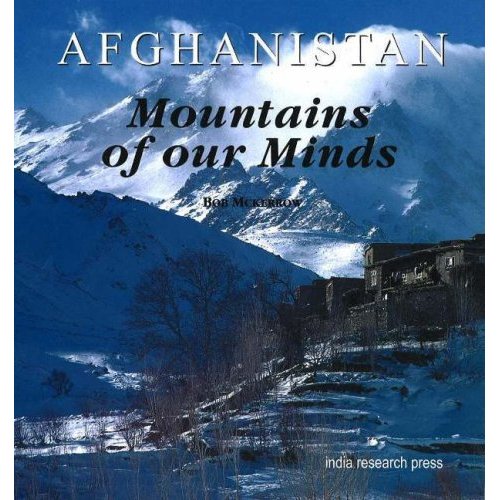 Bandi-e Amir Lakes
Bandi-e Amir Lakes Only the hardiest, or foolhardiest, of tourists make it to Afghanistan these days -- but New Zealand is investing $NZ1.7 million in ecotourism there.
Former Prime Minister Helen Clark announced the investment a year ago after discussions during the Wellington visit by Dr Habiba Sarabi, Governor of Bamyan province. NZAID's investment in Bamyan increased by $1m in the past next financial year, with total funding of $1.7m over three years to support the eco-tourism project.
Miss Clark said at the time that tourism - based around the ancient Bamyan Buddhas and the renowned Bandi-e Amir Lakes and the Bamyan Valley world heritage site - was an important avenue for development which complemented health, education, and other work in which New Zealand was already actively involved.
By starting work on eco-tourism before international tourists returned, it could be made both environmentally and economically sustainable.
Amir Foladi, head of the new Bamiyan Ecotourism Programme, has now told Reuters that though the unique historical sites can attract many tourists, the weak element is services and information.
Bamiyan city opened a rudimentary tourist centre in October, last year, backed by the New Zealand Government. New Zealand has been sending troops to Afghanistan for nearly seven years - a longer involvement than New Zealand's World War 2 campaign - where they are part of a provincial reconstruction team, which includes conducting mobile medical clinics.
The ambitious tourism venture is helping fund small guesthouses around the province, training staff, setting up a tour guide service, developing pamphlets and trying to lure in tourists with events such as a festival for the Persian new year.
Work has started on an asphalt road and in Bamiyan the widespread hope is that middle-class Afghans seeking an escape from the capital's dusty, over-crowded streets will provide the initial impetus for a fledgling industry.
"When we have the paved road it will bring lots of national tourists, it will be enough for Bamiyan until the security situation gets better," Foladi said.
The area was getting over 60,000 tourists a year before the war, and around half that as recently as 2005, when the security situation was better, he said.
But news of suicide attacks, kidnappings and the resurgent Taliban have eclipsed the desire among any but the most intrepid travellers to see the stunning vistas and archaeological treasures that once drew visitors here each year.
Bamiyan's poor land and harsh climate make it a farmer's nightmare, but in most other countries its natural and historical attractions would allow locals to earn a living from travellers.
The area boasts spectacular scenery, a sprawling collection of world heritage sites, including the remains of giant Buddhas blown up by the Taliban in 2001, and a unique cascade of lakes that last month became Afghanistan's first national park.
"Bamiyan is a very famous place," said Najibullah Ahrai, head of information and culture for the province.
"These are vital assets for the local people."
 Bandi-e Amir Lakes Afghanistan
Bandi-e Amir Lakes AfghanistanDecades of war and the devastation caused by the Taliban when they conquered the area after strong resistance mean parts of the town still lie in ruins and tourist amenities are basic.
At the moment there are just two decent hotels in the area, one run by a Japanese journalist who first came to Afghanistan in the 1990s.
A dirt road makes the less than 200km drive from Kabul a bone-jarring nine hour odyssey, and the dirt airstrip cannot handle commercial planes.
Some historic sites still welcome visitors with signs warning of landmines, and paths marked out by the tell-tale white and red stones of demining teams, although the major ones should be free of explosives by the end of the decade.
Even now some adventurous foreign tourists are still making it to Afghanistan, and enjoying themselves there.
"I am quite interested in going to places that are a little bit different," said British teacher Toby Waterson, who came to visit a friend who works at the United Nations and ended up travelling to the relatively safe north of the country.
He loved the country so much that he pushed back his departure by several days to see more of it, but concedes that holidaying at the edge of a warzone is not for everyone.
"You would be a fool to go there without knowing anyone, because you get that entry into the Kabul bubble, and also I had a smattering of the language," he added.
In a country where diplomats drive around in armoured cars, attracting more than the odd adventure tourist means betting on peace. With the Taliban insurgency gathering strength, that is a risky gamble.
But the cultural and development experts trying to patch up Bamiyan say it is vital to offer an alternative to the poverty that has always been a recruiting tool for militant groups, and to show that peace can bring economic benefits too.
"We are not losing our hope, many other projects are happening at this time, and you cannot do nothing just because you are afraid," Foladi said.
Reuters



